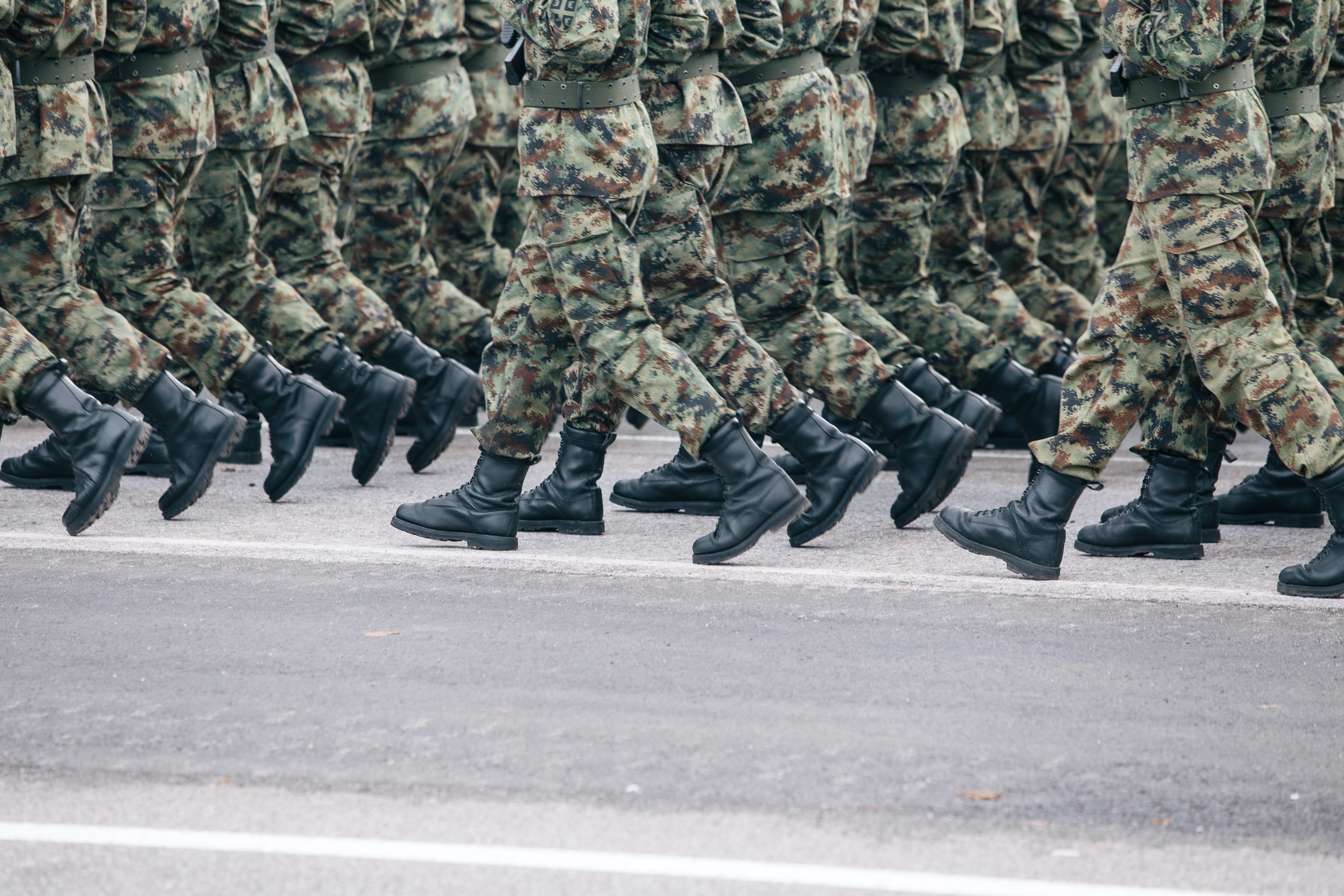
403
Sorry!!
Error! We're sorry, but the page you were looking for doesn't exist.
Croatian leader blocks troops from Ukraine task
(MENAFN) Croatian President Zoran Milanovic has taken a firm stance against contributing troops to NATO's command aimed at providing military aid to Ukraine, citing concerns that such actions could lead Croatia into a direct conflict with Russia. Since joining the U.S.-led military alliance in 2009, Croatia has been involved in various support roles, but Milanovic’s recent declarations mark a significant divergence from the expectations of NATO and his own government.
The Croatian leader, who represents the Social Democratic Party, stated unequivocally, “While I am president and the commander in chief, Croatian soldiers, officers and NCOs will not take part in activities that would draw Croatia into a war.” This statement underscores his commitment to keeping Croatian military personnel out of situations that might escalate tensions with Moscow.
Milanovic has specifically refused to allow Croatian personnel to join the NATO Security Assistance and Training for Ukraine (NSATU) command, which was established to coordinate military aid efforts for Ukraine. Although Croatia was expected to send a small contingent of officers to the NSATU's 700-strong staff based in Wiesbaden, Germany, the president's blockade has effectively stalled this plan.
The Croatian government, led by Prime Minister Andrej Plenkovic, has voiced strong disapproval of Milanovic’s position, accusing him of further isolating Croatia on the international stage and undermining the country’s credibility as a NATO member. Plenkovic’s administration argues that Milanovic's refusal could hinder Croatia's relationships with its allies.
NATO has responded to Milanovic's objections by reminding him that the NSATU command was agreed upon during the July summit in Washington. The alliance emphasizes that participation in the command does not entail deploying troops to Ukraine, arguing that the extensive financial and military support being provided does not equate to becoming an active participant in the conflict with Russia.
This situation highlights the growing tension within Croatian politics regarding military involvement in international conflicts, as well as the broader complexities faced by NATO members in balancing national interests with alliance commitments. As the war in Ukraine continues, Croatia’s position will likely be closely monitored by both its allies and adversaries.
The Croatian leader, who represents the Social Democratic Party, stated unequivocally, “While I am president and the commander in chief, Croatian soldiers, officers and NCOs will not take part in activities that would draw Croatia into a war.” This statement underscores his commitment to keeping Croatian military personnel out of situations that might escalate tensions with Moscow.
Milanovic has specifically refused to allow Croatian personnel to join the NATO Security Assistance and Training for Ukraine (NSATU) command, which was established to coordinate military aid efforts for Ukraine. Although Croatia was expected to send a small contingent of officers to the NSATU's 700-strong staff based in Wiesbaden, Germany, the president's blockade has effectively stalled this plan.
The Croatian government, led by Prime Minister Andrej Plenkovic, has voiced strong disapproval of Milanovic’s position, accusing him of further isolating Croatia on the international stage and undermining the country’s credibility as a NATO member. Plenkovic’s administration argues that Milanovic's refusal could hinder Croatia's relationships with its allies.
NATO has responded to Milanovic's objections by reminding him that the NSATU command was agreed upon during the July summit in Washington. The alliance emphasizes that participation in the command does not entail deploying troops to Ukraine, arguing that the extensive financial and military support being provided does not equate to becoming an active participant in the conflict with Russia.
This situation highlights the growing tension within Croatian politics regarding military involvement in international conflicts, as well as the broader complexities faced by NATO members in balancing national interests with alliance commitments. As the war in Ukraine continues, Croatia’s position will likely be closely monitored by both its allies and adversaries.

Legal Disclaimer:
MENAFN provides the
information “as is” without warranty of any kind. We do not accept
any responsibility or liability for the accuracy, content, images,
videos, licenses, completeness, legality, or reliability of the information
contained in this article. If you have any complaints or copyright
issues related to this article, kindly contact the provider above.


















Comments
No comment